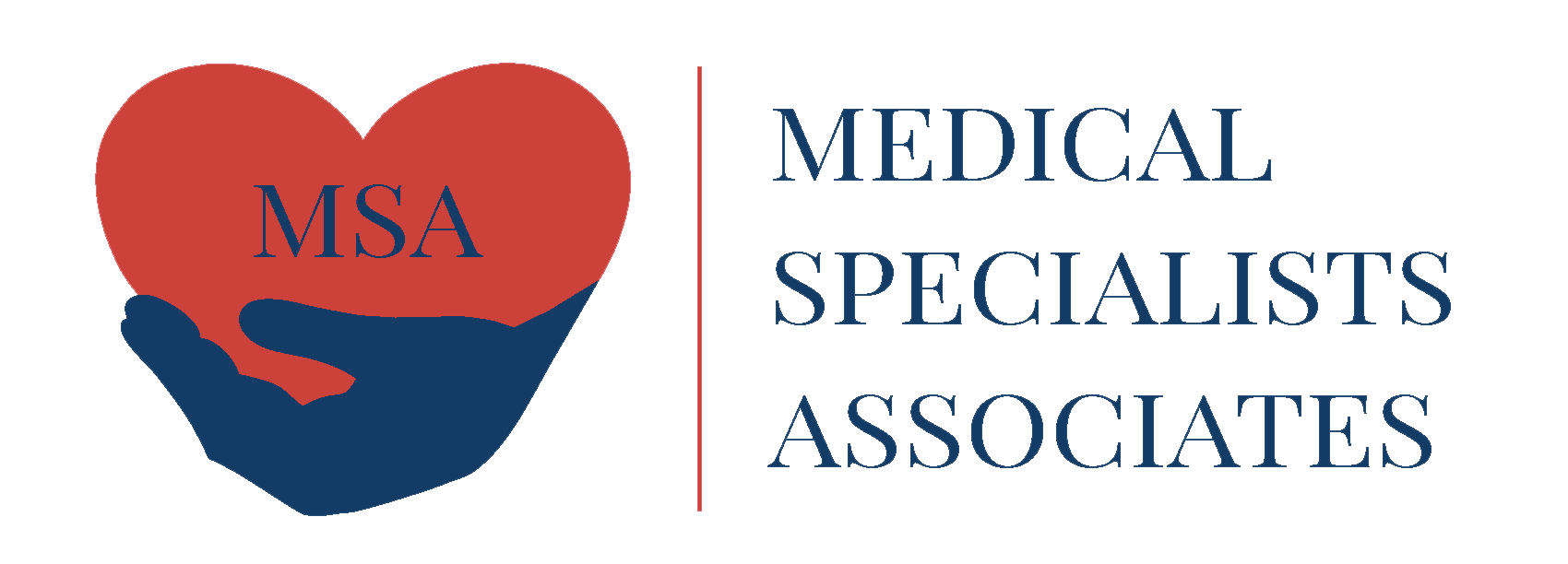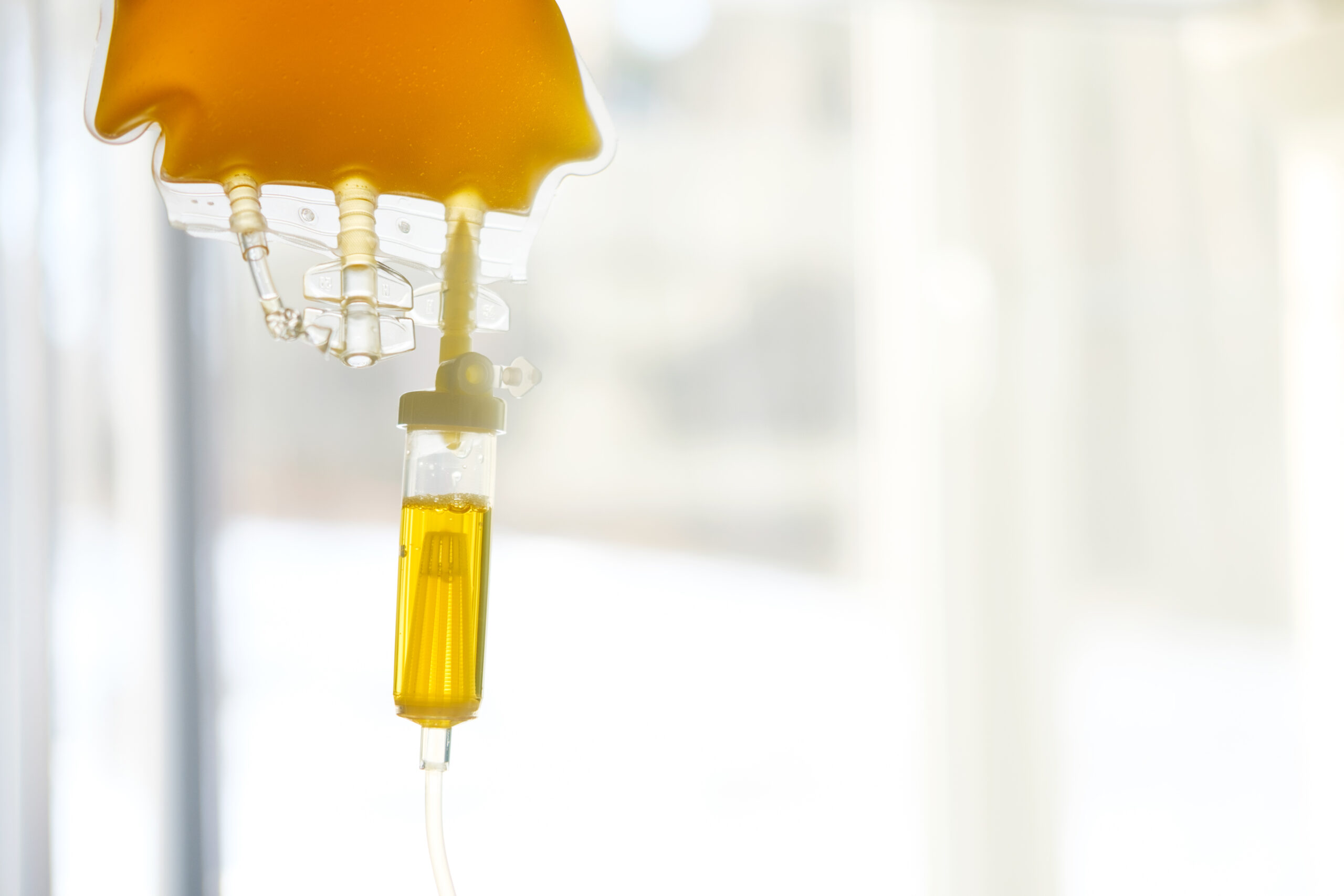
Treating Addiction with Alternative Therapies
Guest Post Written By Abby Conner
Healing is a process that is more complex than we realize. In most cases, there is no one specific cure. This is especially true for addiction, which involves both physical and psychological factors. Treating such conditions successfully has involved a more holistic approach in recent years as more people understand that quick-fix, one-dimensional methods are not as effective. Reports published on Psychology Today claim that individuals who remain sober from drugs and alcohol for five years relapse less than 15% of the time. The studies found that the high success rate is due to peer support and 12-step programs that help sustain positive outcomes, two very popular alternative strategies. It is crucial to understand the effectiveness of these treatments and how to incorporate them into existing methods.
Effectiveness of Alternative Treatments
While healthcare practitioners are constantly developing new ways to treat addiction, not all programs are successful. However, studies from the University of Illinois have found that interventions which are multifaceted in design and tackle biological, mental, social, and environmental factors of addiction are most effective. But some approaches are better at treating certain types of substance abuse compared to others. For instance, while an increased number of interventions were effective in reducing non-medical drug abuse, it was not as effective for treating alcoholism.
Other findings have shown that alternative treatments such as lifestyle modifications are successful when targeted at three or more behaviors. In the case of heavy smokers who are trying to quit, walking and eating fruits daily helps curb their nicotine craving. A healthier lifestyle addresses the problem more holistically and builds a constructive habit, and it works better than simply going cold turkey. In addition to conventional treatments, like our services from Addiction Specialists, alternative approaches should target more than just the addiction itself to ensure effective and lasting recovery.
Incorporating Alternative Treatments Into Your Recovery Journey
There are various ways to incorporate alternative treatments with existing ones, and as the study cited above points out, these mixed interventions may even be recommended. When plotting out where to integrate these treatments, make sure objectives are clear, realistic, and doable.
1. Consult with a healthcare manager
There are many different addiction therapies, both traditional and alternative. When deciding on the most appropriate ones to offer, the entire treatment plan and objectives should be taken into consideration. Consulting with someone who oversees the case, such as a healthcare manager, can help you choose the best course of action. This is because they will have studied these areas during their training at a higher education level. Maryville University’s look at their healthcare administration degree notes, healthcare managers study policy and health management, making them well-rounded and decisive leaders when it comes to crafting care plans. They can work with you on creating strategies that can improve patient outcomes. These professionals also understand how community health plays into the success of an individual’s recovery.
2. Involve friends and family
Social interaction is one of the most important aspects to focus on during recovery. People who are battling addiction often feel isolated, and recovery can feel like a solitary activity. When incorporating alternative treatments such as art therapy and mindfulness into your programs, provide an avenue for loved ones to take part in these activities. If the patient struggles with openness to these therapies, start by allowing them to do shared hobbies and activities with loved ones. This act of togetherness can improve the likelihood of recovering individuals committing to these healthy behaviors.
3. Incorporate it into patient routines
Instilling a sense of routine and structure in addiction treatment is essential because it provides individuals with opportunities for self-control and predictability. Alternative treatments are novel experiences, and because of this, it may help to position them in established parts of a recovering individual’s routine. For instance, treatments such as equine therapy can be offered as an alternative to exercise sessions. Leisure time can also be used for other treatments such as yoga and acupuncture. Even something as simple as trying new medication or supplements should be incorporated into an existing routine as much as possible. Our post on ‘Vitamin D Deficiency’ discusses how the condition exacerbates UV/endorphins and opioids addictions. Adding supplements or taking more time to be outdoors are simple solutions that can be incorporated into structured routines for better chances of recovery.
Opening up to new possibilities for treatment is no easy feat. By approaching treatment and recovery holistically, not only will you give recovering persons greater chances of succeeding, but they may even arrive on the other side well and much sooner than expected.




